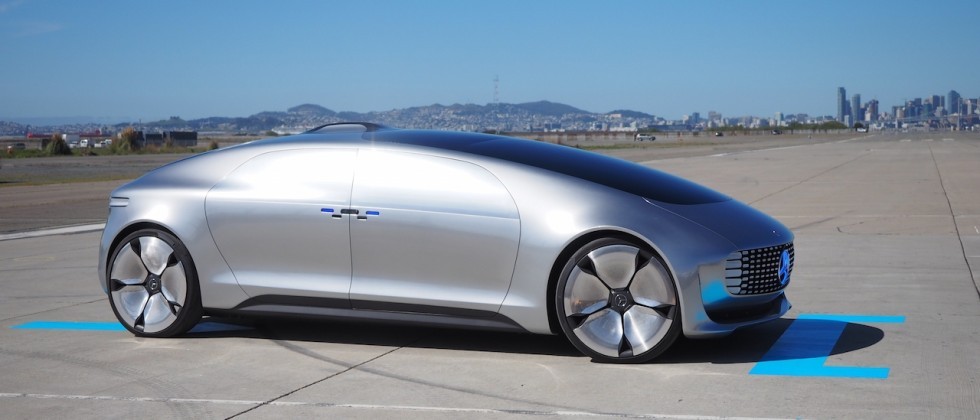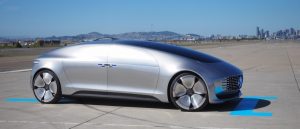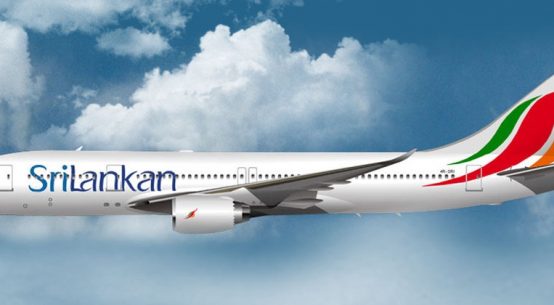
Nigus, a Nigerian firm, has concluded plans to assemble electric vehicles in the country by 2020.
Its Chairman, Prince Malik Ado Ibrahim, who made this known in Abuja at the weekend, said he was pushing this line of investment to save Nigeria from becoming a dumping ground for hydrocarbon vehicles in the future. He said the company would begin with the importation of the cars next year, before the eventual manufacturing phase that would follow thereafter.
Before then, Nigus plans to import the vehicle by the end of next year.
Ibrahim said there would be two types of electric vehicles – the wholly electric and the hybrid: “High-grade versions, which are the engines, gasoline engine and electric which are also phenomenal vehicles to use in case one isn’t available, you could always use the other and switch between both.”
He said the idea to kickstart the venture, flowed from his visit to China, where he found the opportunity for Nigeria and Africa to start the next frontier, which is electric vehicles.
“We want to be at that cutting edge. What we want to do is learn about the vehicles, the engineering and be a manufacturer by 2040 when everybody else is now saying hydrocarbon cars are banned, we want to say keep your combustion engines. In fact, we are no longer importing any combustion engine. We have a nationally produced vehicle or a continentally accepted vehicle, so that was my push.
“We just signed an agreement to first import either a white label vehicle, all the BYD vehicles and look for a Nigerian brand. We are still looking at the name we want to use and by 2020, we would start an assembly plant here, assembling a Nigerian branded electric vehicle with all the modern fittings that you want in a car,” he said.
The Nigerian electric vehicle, he said, will have its “DNA initially from BYD.
He said the BYD Head Engineer was the head of engineering from Audi, adding, “so, we know that it’s going to be a tremendous amount of creature, comfort and modernity in these cars and we are hoping that by the time we start assembling them, we would also bring Nigerian designers from around the world to come in and have an Africanised DNA in the vehicle as well. So, we are looking at competitions for design.’’
On partnership, Ibrahim said: “China is the largest manufacturer of lithium iron phosphate batteries and these batteries will give us the ability to store electricity, deliberately at a reduced cost. I mean it’s expensive now, but it would begin to reduce if they become very available and as it is right now, we believe lithium iron phosphate batteries are going to be, not just what you see in your cars, it’s also what you are going to see in your homes. They can be as advantageous as generators can be. Part of the product that BYD and Nigus are bringing is actually our home storage unit and office storage unit.”

On the cost of the vehicles, he said: “At the most, it will be 20 per cent higher than the hydrocarbon cars. But we are looking at vehicles that are ranging from between $26,000 and $100,000, everything in between from cars and trucks and then commercials.
The affordability issue, he said, has two distinct opportunities. An electric vehicle, according to him, is 20 per cent more expensive than other cars. “But if you compare the SUV side, which is comparable to the Range Rover, they are probably up to $7000 more expensive in Europe.
“If you bought this car and you ran it exactly at the same mileage with an average gasoline car, your operating cost is not even in the ball pack, you are not buying oil, you are not doing maintenance, you are not taking it for service. The only thing you are putting are brake oil and the tyres that are consumables, nothing else,” he said.








